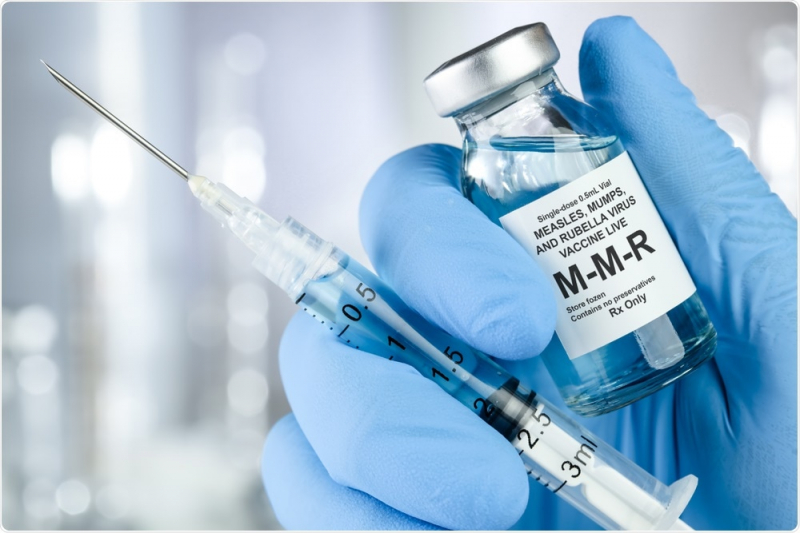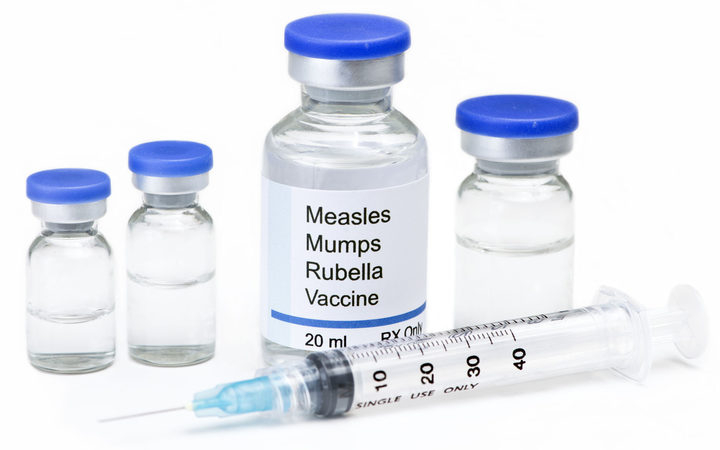Measles, mumps, and rubella (MMR) vaccine
You most likely had the MMR vaccine as a child, but as you get older, you may require a booster shot (another dose). Before becoming pregnant, ask your doctor for a blood test to discover if you are immune to measles, mumps, and rubella. If you do get a booster shot, have another blood test afterward to double-check your immunity before getting pregnant. Wait 4 weeks after receiving an MMR immunization before becoming pregnant.
Measles is easily transmitted and can produce a rash, cough, and fever. It can be dangerous during pregnancy and lead to miscarriage. When a baby dies in the womb before the 20th week of pregnancy, this is referred to as a miscarriage. Mumps can result in a fever, headache, and swollen glands in the face and neck. Rubella can cause flu-like symptoms as well as a rash. It can result in major complications during pregnancy, such as miscarriage, stillbirth, early birth, or congenital rubella syndrome (also called CRS). When a baby dies in the womb after 20 weeks of pregnancy, this is referred to as stillbirth. CRS can result in a baby being born with one or more birth abnormalities, such as heart issues, eye problems, or hearing problems.



